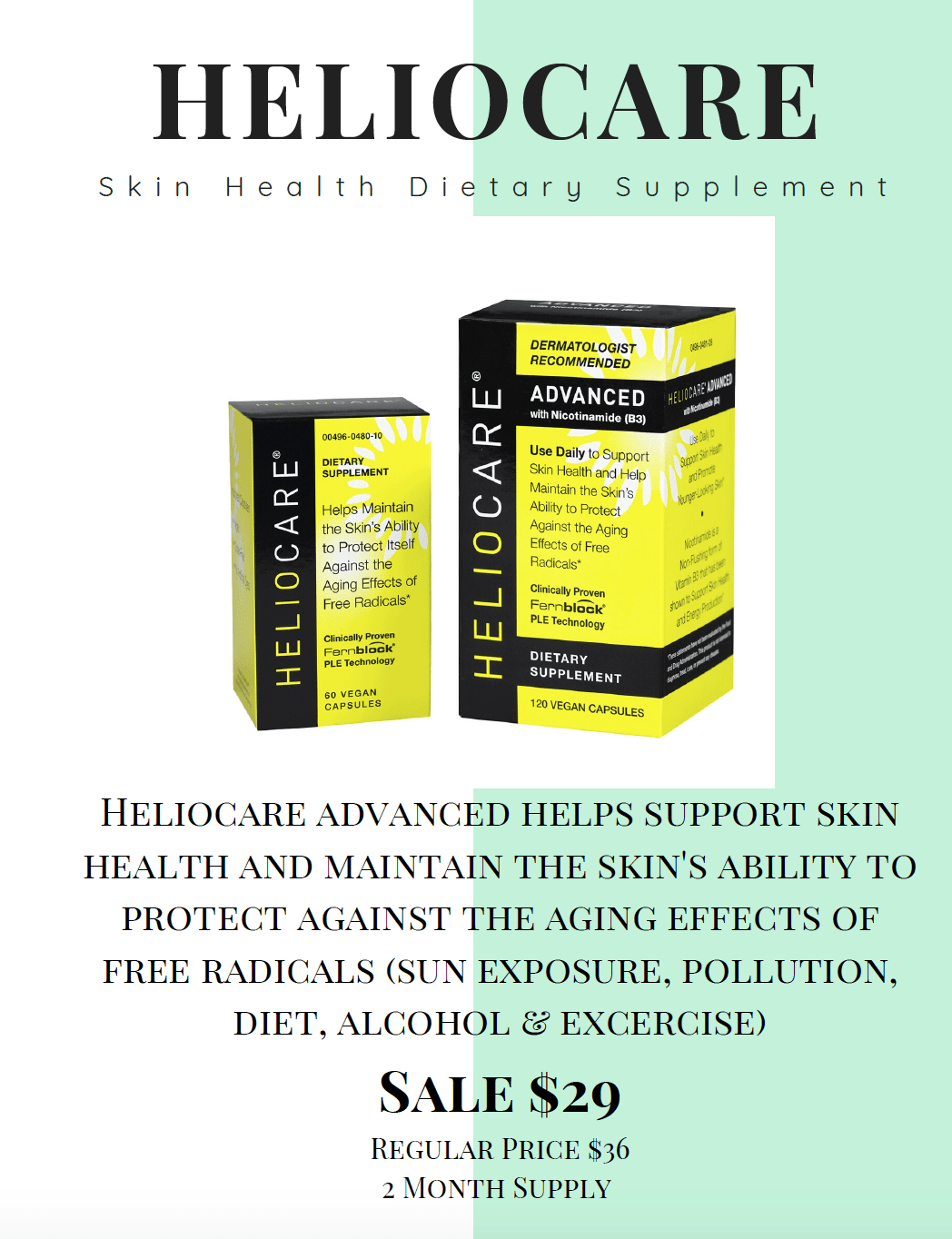
10 Secrets to Healthy Skin
November has been designated Healthy Skin Month by the American Academy of Dermatology (AAD), so our board-certified dermatologists at Genesis Dermatology in Jupiter want to share with you these 10 ways to keep your skin healthy and youthful-looking.
All about skin
Your skin is actually the largest organ in your body. It accounts for about 15 percent of your total body weight. The average adult has about 21 square feet of skin, which weighs about nine pounds. The skin on the soles of your feet is the thickest on your body; the thinnest skin is found on your eyelids.
Your skin acts like a shield, protecting your body from sunlight, germs, viruses, damaging chemicals, temperature changes, and more. In addition, it stores water, nutrients, and fat. It also produces antibodies to ward off infection, and manufactures vitamin D.
To thank your skin for all it does, keep it healthy by doing the following:
- Use sunscreen
In addition to the risk of skin cancer, the sun causes slight damage to the top layer of skin with each exposure. Over time, this damage adds up, resulting in wrinkles, age spots, and visible redness. Remember that the sun’s rays are stronger here in southern Florida because we’re closer to the equator. Use a broad-spectrum sunscreen of at least SPF 30 whenever you’re out in the sun, including during winter months.
- Stop smoking
If you smoke (or use e-cigarettes), the nicotine narrows the tiny capillaries that bring blood to the surface of the skin, inhibiting the renewal of cells and the removal of toxins. It also damages collagen and elastin, the fibers necessary to support skin and keep it looking younger.
- Check for skin changes
Examine your skin regularly for new or unusual spots, as well as any changes. Moles that seem to appear or change overnight, spots with unusual shapes or colors, an irregular border . . . all these can signal a cancer that should be investigated. Contact us for an evaluation if you notice any of these changes. Also, it is a great idea to get a yearly full body exam by a board certified dermatologist.
- Clean gently
Hot water dries skin and causes redness and irritation in those with sensitive skin. Use lukewarm instead. And don’t scrub. Gentle cleansing removes dirt without removing natural oils needed to protect the skin’s surface. Don’t shower longer than 15 minutes, which removes the protective oil from your skin, as do harsh cleansers. Stick to a gentle cleanser and moisturizer; check with us for recommendations for your skin type.
- Hydrate
Water moisturizes skin from the inside out, as well as flushing out toxins and plumping up skin cells. Aim for eight glasses (64 ounces) a day. If you like, add lemon, lime, cranberry, or orange juices, or cucumbers to vary the flavor. Alcohol and caffeine draw liquid from your body, so minimize their consumption.
And keep your skin moisturized. Pat skin gently after washing, and seal in the remaining moisture on your skin with a moisturizer suited to your skin type. It is a great idea to apply moisturizer to damp skin as it penetrates better. We can recommend the right type for you.
- Eat for your skin
Sugar, refined flour, red meats, and highly processed foods can all irritate skin, as well as breaking down the elastin and collagen you need to keep your skin looking younger. Try to eat the recommended five fruits and vegetables a day, especially those high in water, including leafy greens. Foods containing healthy oils include nuts, seeds, and avocados will all supply your skin with healthy fatty acids. If you want to add extra antioxidants to your diet, Nicotinamide (Vit B3) and Polypodium leucotomos extract are both natural antioxidants proven to lower your chances of actinic damage leading to skin cancers.
- Exercise
Exercise bathes the skin with blood, facilitating the turnover of old skin cells and promoting the growth of newer cells. In addition, it increases oxygen and promotes the circulation of lymphatic fluid, which is the body’s way of removing waste and delivering nutrients. Any type of regular exercise is good, even a brisk walk in the fresh air (with sunscreen of course).
- B r e a t h e . . .
As with exercise, slow, deep belly breathing facilitates the removal of waste through the lymphatic system. Plus, the increased circulation of blood promotes cell turnover and encourages the formation of collagen and elastin to minimize wrinkles.
- Meditate
Stress is bad for every part of your body, but it shows up almost immediately on your skin. Stress causes skin to become thin and reduces its ability to regenerate, causing you to appear older. Conversely, numerous studies have shown that those who practice meditation, or any other form of deep relaxation heal faster.
- Sleep
Your body uses the time when you’re asleep to repair damage, and this includes damage to the cells of your skin. If you don’t get the recommended eight hours, it will show up on your skin as inflammation and poor skin tone.
Talk to us to learn more ways to protect, nourish, and revitalize your skin.


